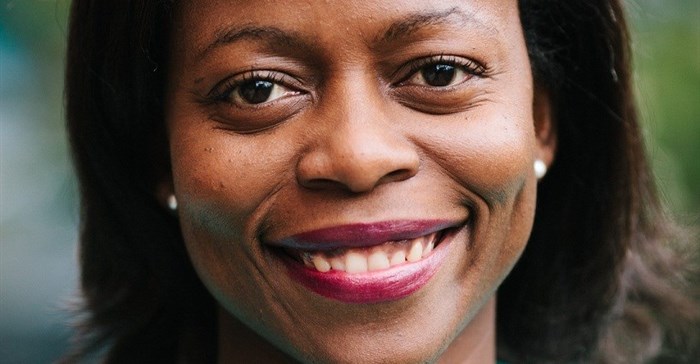Brexit could spell new opportunities for SA entrepreneurs

Entrepreneurs should look out for expansion opportunities as Britain renegotiates its economic relationships with the rest of the world, which might see it seeking to strengthen ties with former Commonwealth countries such as South Africa. Entrepreneurs who have built business relationships with global companies based in the UK will now need to follow those relationships to cities such as Paris and Frankfurt, as London loses some of its importance as a global business centre.
Economic uncertainty
Economic developments in June highlighted the prevailing climate of economic uncertainty both locally and globally. The country emerged with all three credit rating agencies holding fire and leaving the sovereign credit risk ratings as they are.
However, economic growth has slipped into negative territory. Brexit has muddied the waters further, throwing the markets into turmoil and casting a shadow over global growth prospects, trade and investment flows, and economic policy.
Implications of Brexit for South Africa
The UK makes up about 3% of South Africa’s trade with the rest of the world according to SARS trade data for January to April 2016. This is not enough to make a big dent in the country’s trade balance. However, the investment relationship between the UK and South Africa is far more significant.
As of December 2014, data cited by the South African Institute of International Affairs shows that the UK invested R730bn in foreign direct investment in South Africa (representing nearly 60% of R1,2trn - total EU direct investments in South Africa) and R780bn in portfolio investments (representing more than 57% of R1,4trn - EU’s total investments in South Africa).
Country-by-country basis
The UK is a very significant investor in South Africa. Our investment relationships are now managed on a country-to-country basis, thus Brexit is less likely to be a factor in affecting these relationships.
However, investment flows will be affected by the uncertainty that emerges from Brexit, particularly in regard to portfolio investment.
There are three possible scenarios:
- An orderly, but slow, exit where the EU and UK are able to negotiate and agree on a new set of mutually beneficial arrangements, with minimal impact on South Africa.
- A messy exit would see conflicts within the UK, and between the EU and the UK, creating global uncertainty, which spills over into South Africa.
- In the third scenario, UK politicians find a way to back-track from the outcome of the referendum.
These all suggest increased political risk in the UK, which will put pressure on the rand (as the dollar strengthens), investment flows to South Africa (as investors flee to safety) and the prospects for a growth rebound in South Africa. Political risk will also emerge from other European Union countries such as France where initiatives to hold referendums on withdrawal are gathering pace.
Within uncertainty lies opportunity
On the positive side, the SA/UK trade relationship is fairly limited and can be safeguarded despite Brexit, especially if the UK remains part of the European Economic Area or it turns to renewing ties with its Commonwealth peers.
Global central banks have pledged to accommodate uncertain economic climate by keeping fairly loose monetary policy. The US Fed is unlikely to raise interest rates this year. In the flight to safety, the gold price and gold stocks stand to become beneficiaries.
Clearly these are uncertain times and we may need to adopt a wait-and-see approach. That being said, within all uncertainty lies opportunity.








